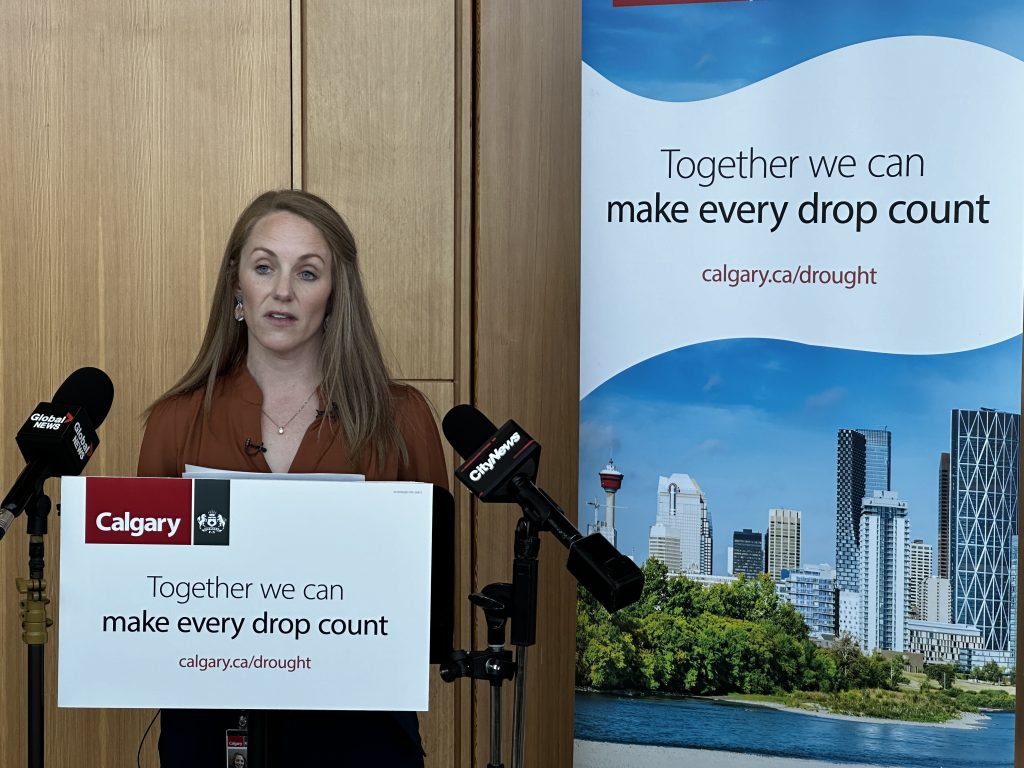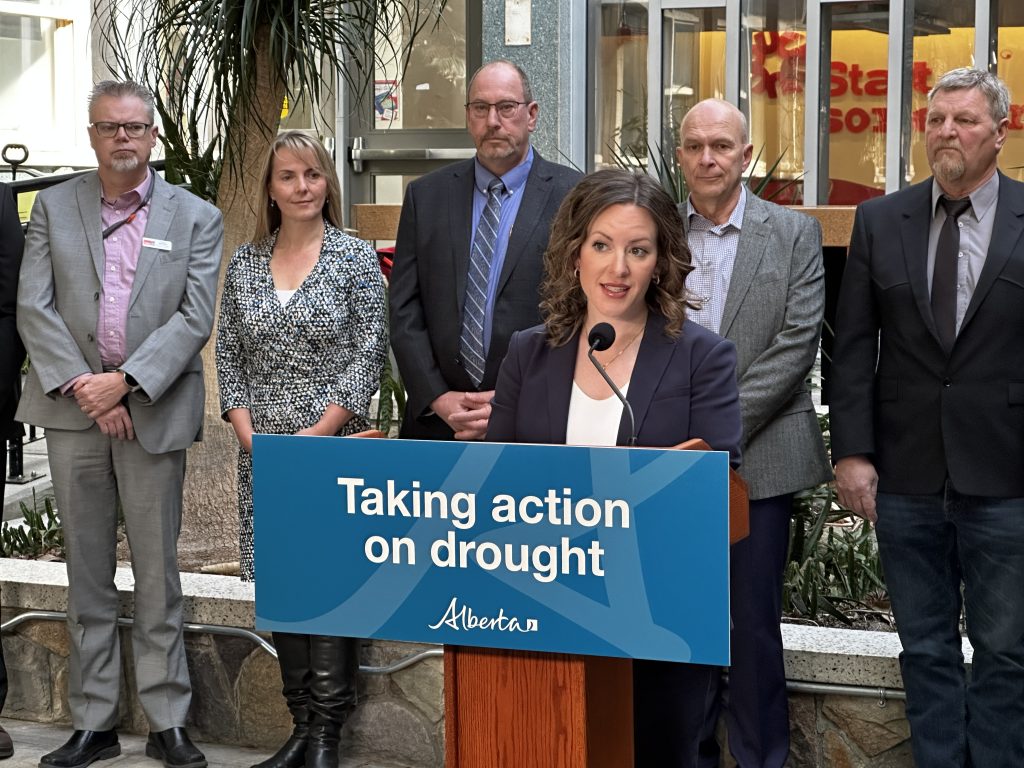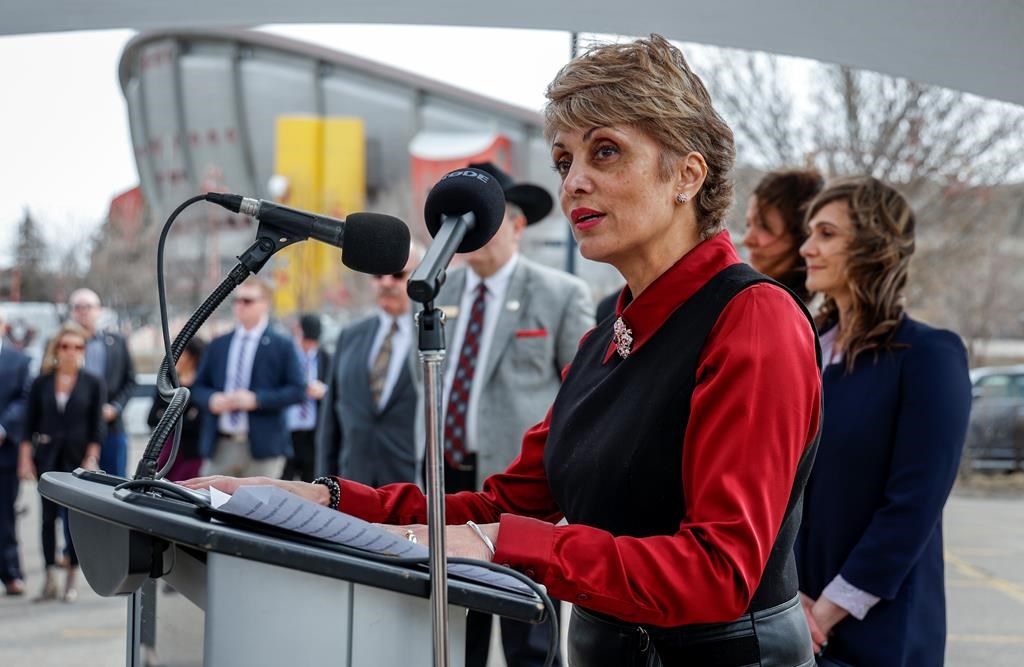Trudeau wants to empower backbenchers his dad once dubbed ‘nobodies’
Posted Feb 1, 2013 6:16 pm.
This article is more than 5 years old.
OTTAWA – Justin Trudeau wants to reverse his father’s famous assessment of backbenchers as “just nobodies.”
The Liberal leadership front-runner is proposing a series of democratic reforms aimed at turning MPs into somebodies — more independent, more powerful and more in tune with the constituents who elected them.
Should he become prime minister, Trudeau told The Canadian Press he’d relax party discipline in Parliament, giving government backbenchers the freedom to vote as they see fit on all but three categories of bills.
They would be required to support the government only on budget or money bills, legislation to implement the 2015 election platform on which they’d have been elected, and bills involving fundamental charter rights.
Trudeau would also appoint backbenchers to cabinet committees, giving them more influence on policy development. And he’d give MPs on Commons committees more resources to conduct independent, expert analysis of proposed legislation.
While he’d empower MPs once they make it to Parliament Hill, he’d force them to fight open nominations for the right to carry the Liberal banner in elections. There’d be no more nomination protection for incumbents or appointment of candidates in unheld ridings.
Trudeau’s proposals are not fully detailed yet. Early next week, he intends to ask Canadians through his Facebook page to participate in improving and/or adding to his reform agenda.
The objective, however, is clear: to force politicians and parties to “start trusting Canadians again.”
“It’s been too long that it’s all about the backroom structures, it’s all about top-down governance,” Trudeau said in an interview Friday.
“We don’t govern like we actually trust Canadians to be able to make intelligent, informed decisions … and since we treat people with such low expectations and disdain, they respond with cynicism and disengagement.”
Trudeau’s late father, former prime minister Pierre Trudeau, once derided MPs as “just nobodies” once they got 50 yards off Parliament Hill.
His eldest son said the put down was actually aimed at the “self-importance” of some MPs, rather than dismissing them all as irrelevant.
Still, Trudeau acknowledged his proposals are “moving in the opposite direction” of his father’s assessment, aimed at reversing the perception of MPs as little more than parrots of government talking points.
The need to empower MPs became evident, he said, during a recent swing through western Canada. He repeatedly heard people yearning for MPs who are “spokespeople for their ridings in Ottawa, as opposed to what they’ve become now, which is spokespeople for the PMO (Prime Minister’s Office) in their ridings.”
His own experience in the Montreal riding of Papineau convinced him of the need to end the Liberal practice, instituted in 1992, of allowing the leader to appoint candidates in some ridings and to protect incumbents from nomination challenges.
“I had to fight a really tough nomination (in 2008), where I wasn’t the candidate that the party wanted to win,” Trudeau said.
“And everything I achieved in the rest of my career, including this leadership run, I owe directly to that nomination race because it taught me about working on the ground, it taught me about organizing, it taught me how to win over people step by step.”
He said those lessons paid off in the subsequent election, in which he defeated a Bloc Quebecois incumbent, and again in the 2011 election, in which he managed to increase his margin of victory in the teeth of an NDP tidal wave that swept much of the rest of the province.
Forcing open nominations across the board would similarly help “every single riding” in the country to develop ground organizations and support bases, he maintained — a crucial first step for a party trying to find its way out of the political wilderness.
Former Liberal prime minister Paul Martin also tried to empower backbenchers but his efforts often resulted in the appearance of division in Liberal ranks, much to the delight of rival parties.
“It could be terribly frustrating,” Trudeau acknowledged.
“Of course, there are going to be kinks in this. This is a whole new way of … using Parliament in a way that’s more transparent, more accountable, more connected with Canadians, with constituents.”
Trudeau’s democratic reform plan also includes:
— Ending the practice of jamming all manner of unrelated measures into massive omnibus bills, insisting on more bite-sized legislation that can be scrutinized more effectively by parliamentarians.
— Limiting the power of the prime minister to prorogue Parliament.
— Creating a watchdog to ensure government advertising is not used for partisan purposes.
— Making the parliamentary budget officer a truly independent officer of Parliament.
— Support for replacing Canada’s first-past-the-post electoral system with a preferential ballot system that would more accurately reflect the voting choices of Canadians.










